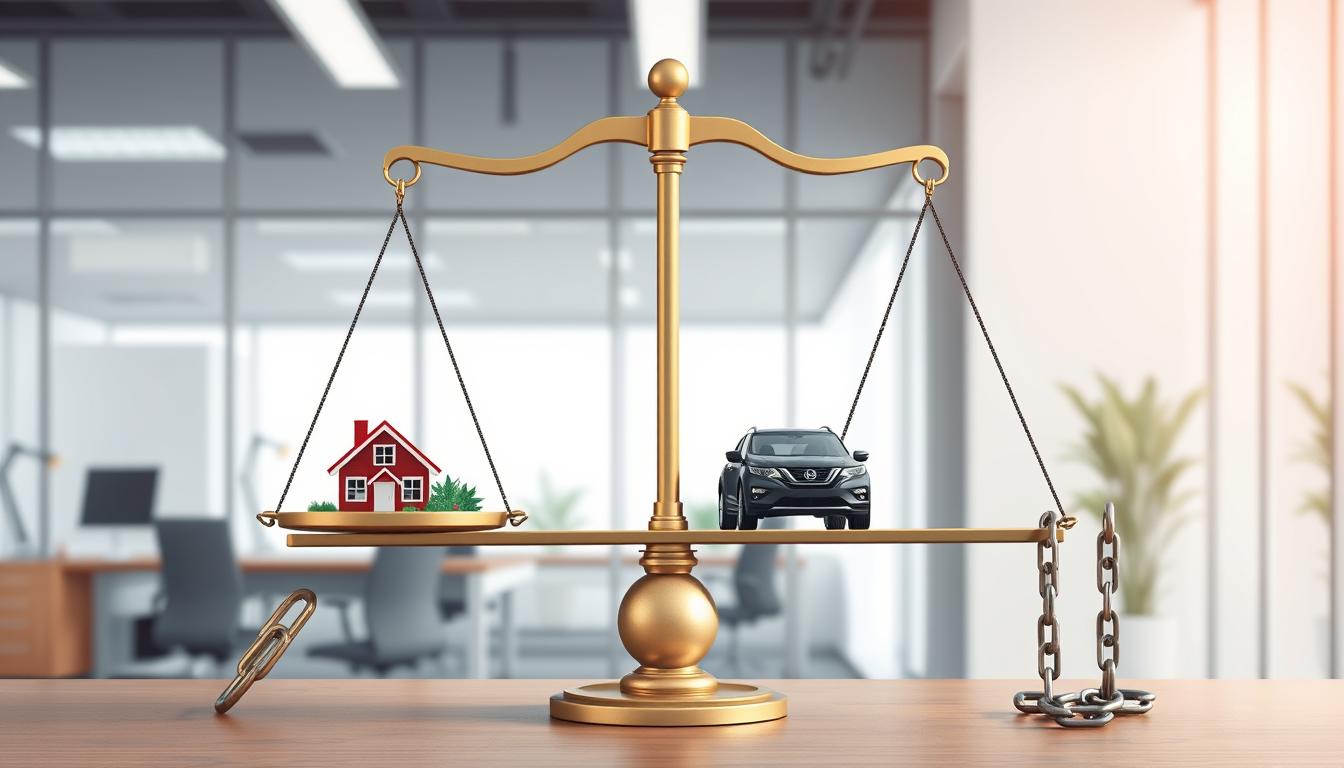In the world of business, understanding the nuances of liability is crucial for every entrepreneur. Unlimited liability in business refers to a situation where business owners are completely responsible for all the debts and obligations of their company, exposing their personal assets to potential seizure. This means that if the business cannot meet its financial commitments, creditors can legally pursue the owner’s personal wealth, including bank accounts, cars, and homes, to recover debts. While this structure might offer simplicity in setup and complete control over operations, it also ushers in a range of significant risks. In this article, we’ll explore what is unlimited liability in business, focusing on common structures like sole proprietorships and general partnerships, and delve into the profound liabilities that accompany them.
Understanding Unlimited Liability in Business
Unlimited liability creates a significant impact on how businesses operate and are structured. Comprehending this concept is essential for anyone considering their options for starting a company. The main feature of unlimited liability in business is that owners are personally accountable for all debts incurred by the enterprise.
Definition and Basic Concepts
Understanding unlimited liability involves recognizing that business owners can risk personal assets to settle their company’s financial obligations. In this system, there is no legal distinction between personal and business finances. This means your home, savings, and other personal property can be claimed by creditors if the business fails to meet its liabilities. The concept applies primarily to sole proprietorships and general partnerships.
Common Business Structures with Unlimited Liability
Sole proprietorships allow individuals to control the entire business, with personal assets directly tied to business debts. General partnerships involve two or more partners who share profits and losses equally. Each partner has personal liability for all business debts, creating an environment where risk is shared equally among them.
| Business Structure | Liability Type | Ownership Control | Asset Risk |
|---|---|---|---|
| Sole Proprietorship | Unlimited | Single Owner | All personal assets at risk |
| General Partnership | Unlimited | Multiple Owners | All partners’ personal assets at risk |
| Limited Liability Company | Limited | Multiple Owners | Only company assets at risk |
While unlimited liability may offer certain financial freedoms and straightforward tax savings, it introduces substantial risks, making it crucial for entrepreneurs to weigh their options carefully. Awareness of business liability explained within the context of sole proprietorships and partnerships can help in making more informed decisions.
What Is Unlimited Liability in Business? Its Risks and Implications
Understanding the risks of unlimited liability is crucial for business owners. When you operate under a structure that exposes you to unlimited liability, the implications are significant, particularly regarding personal financial risk and the potential for business growth. This section explores how unlimited liability affects owners and their ability to manage business liability effectively.
Personal Financial Risk Exposure
Unlimited liability creates a personal financial risk exposure that business owners must consider. In structures like sole proprietorships and partnerships, you could risk your personal assets to satisfy business debts. Creditors can target your savings, properties, and investments if the business encounters financial difficulties or legal issues. This substantial risk can make managing business liability even more challenging. Consequently, many individuals may hesitate to enter partnerships or take on new financing opportunities, fearing the loss of their personal wealth.
Impact on Business Funding and Growth
The risks of unlimited liability can significantly influence your opportunities for funding and growth. Lenders often perceive businesses with unlimited liability as high-risk, leading to reluctance in providing loans or investments. This sentiment can stifle your ability to expand or innovate, as the fear of personal asset exposure limits your financial flexibility. For many entrepreneurs, transitioning to a limited liability structure becomes essential for promoting business risk management and protecting personal financial health. Without this transition, growth potential remains constrained, creating challenges for sustainability in the competitive marketplace.

Conclusion
Understanding unlimited liability is essential for anyone contemplating starting a business. The choice of business structure, such as a sole proprietorship or general partnership, not only impacts your legal responsibilities but also your personal financial exposure. While these structures may offer initial simplicity and a greater level of control over your business, they come with significant risks, including the potential seizure of personal assets like property and money in the event of business debts.
The statistics reveal that only around 5,000 companies are registered as unlimited liability in the UK, demonstrating the reluctance of many entrepreneurs to embrace this model. The liability impact on business cannot be understated; unpaid debts can affect your personal credit score, complicating future financing opportunities and increasing the stress associated with business ownership. Consequently, recognizing the inherent risks of unlimited liability business structures may encourage you to explore more protective options, such as Limited Liability Companies (LLCs) or corporations, which safeguard personal assets from creditors and provide added legal protections.
In conclusion, while unlimited liability structures may provide certain operational advantages, the implications for your financial well-being and business sustainability warrant careful consideration. As you navigate your entrepreneurial journey, weighing the pros and cons of different business structures will be crucial in protecting your personal wealth and ensuring long-term success.

